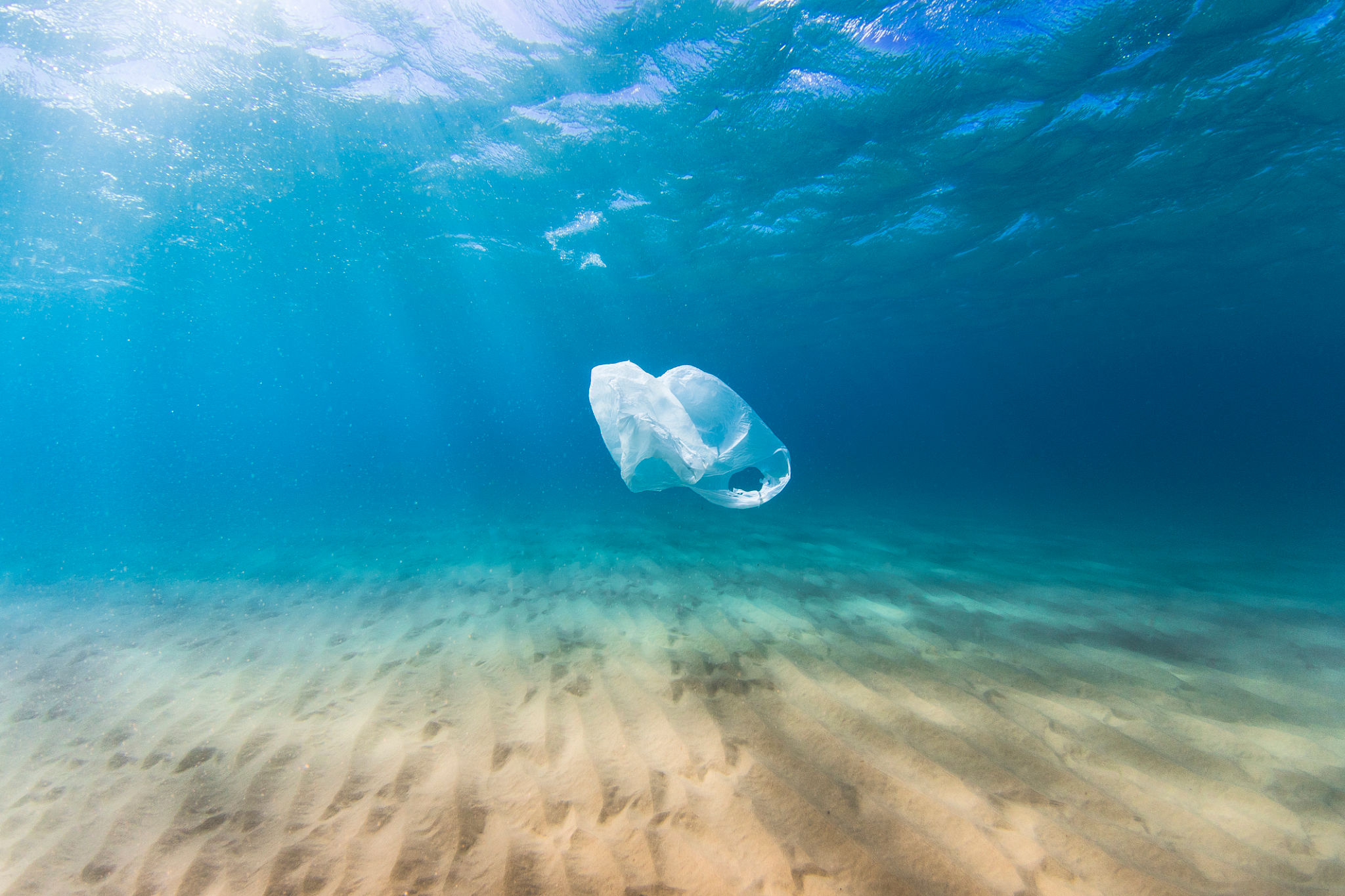Why Reducing Plastic Waste Is Crucial for Future Generations
The Growing Plastic Problem
Plastic waste is one of the most pressing environmental issues facing the world today. The convenience and durability of plastic have led to its widespread use, resulting in an enormous accumulation of plastic waste in our oceans and landfills. This accumulation poses a severe threat to wildlife, ecosystems, and human health.
Every year, millions of tons of plastic enter our oceans, where it can take hundreds of years to decompose. Marine animals often mistake plastic for food, leading to devastating consequences. The ingestion of plastic can cause injury, starvation, and even death for many marine species.

The Impact on Human Health
Plastic waste doesn't just affect the environment; it also has significant health implications for humans. As plastics break down, they release toxic chemicals that can enter the food chain. These chemicals have been linked to a range of health issues, including hormonal disruptions, reproductive problems, and even cancer.
Furthermore, microplastics—tiny plastic particles—have been found in drinking water, seafood, and even the air we breathe. The long-term effects of microplastic exposure are still being studied, but the potential risks are a growing concern for scientists and health professionals worldwide.

Economic Consequences
The economic impact of plastic waste is another critical factor to consider. As countries spend billions on cleaning up plastic pollution and managing waste, these resources could be used for more productive purposes. Moreover, the tourism industry suffers as beaches and natural sites become polluted with plastic debris.
Businesses are increasingly recognizing the financial benefits of reducing plastic waste. By adopting sustainable practices and investing in alternative materials, companies can not only reduce their environmental impact but also enhance their brand reputation and customer loyalty.

Steps Towards a Sustainable Future
Addressing the plastic waste crisis requires a collective effort from individuals, communities, governments, and businesses. Here are some steps that can be taken to mitigate this issue:
- Reduce single-use plastics: Opt for reusable products such as bags, bottles, and containers.
- Support recycling initiatives: Properly sort and dispose of waste to ensure it can be recycled effectively.
- Advocate for policy changes: Support legislation that aims to reduce plastic production and improve waste management systems.
Education is also a key component in driving change. Raising awareness about the consequences of plastic pollution can empower individuals to make informed choices and inspire action at a larger scale.
The Role of Innovation
Innovation plays a crucial role in tackling plastic waste. Researchers and companies are developing new materials that are biodegradable or easier to recycle. These alternatives to traditional plastics are essential for reducing the environmental footprint of consumer goods.
Moreover, advancements in technology are improving waste management systems, making it easier to sort, process, and recycle plastic materials efficiently. Embracing these innovations can help pave the way for a more sustainable future.

Conclusion: A Collective Responsibility
The responsibility to reduce plastic waste lies with all of us. By taking proactive steps today, we can ensure a healthier planet for future generations. Every individual action counts, from choosing sustainable products to supporting policies that aim to curb plastic pollution.
The path to a sustainable future is not without challenges, but with concerted effort and commitment, we can make significant strides in protecting our environment and preserving it for those who come after us.
